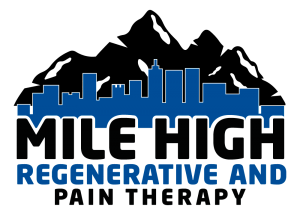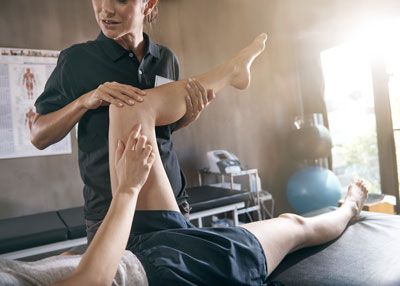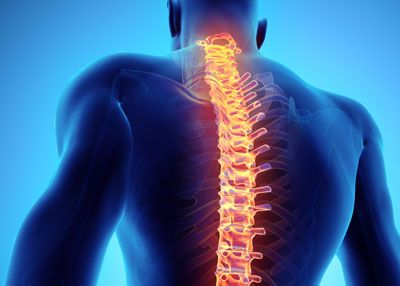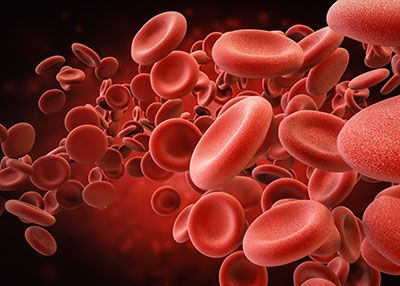What is a torn rotator cuff?
The rotator cuff is a group of tendons and their related muscles that help keep the shoulder and upper arm bone securely placed in to the socket of the shoulder blade. The rotator cuff stabilizes the shoulder joint and helps you to raise and rotate your arms.
There are three stages of rotator cuff tears:
- A stage 1 tear is a partial tear less than 1 cm in size. It is accompanied by some pain following overhead arm movements, but range of motion is not limited.
- A stage 2 tear is a partial tear greater than 1 cm but less than 5 cm in length. Pain is common during and after overhead arm movements, as well as at night. It may be accompanied by a slight decrease in range of motion.
- A stage 3 tear is a full tear greater than 5 cm in size. Stiffness, weakness, and pain occur during and after overhead arm movements and during sleep. There may be a slight to severe decrease in range of motion in the shoulder.




